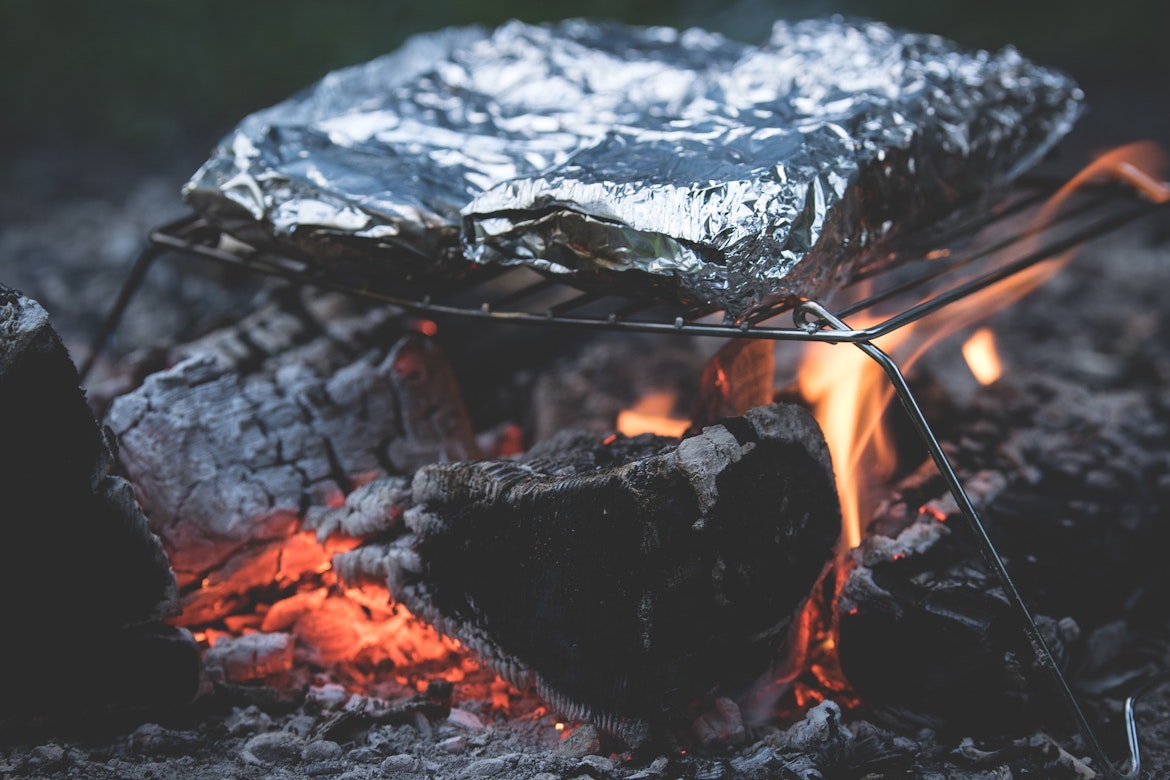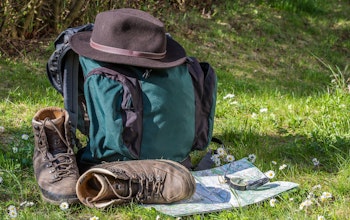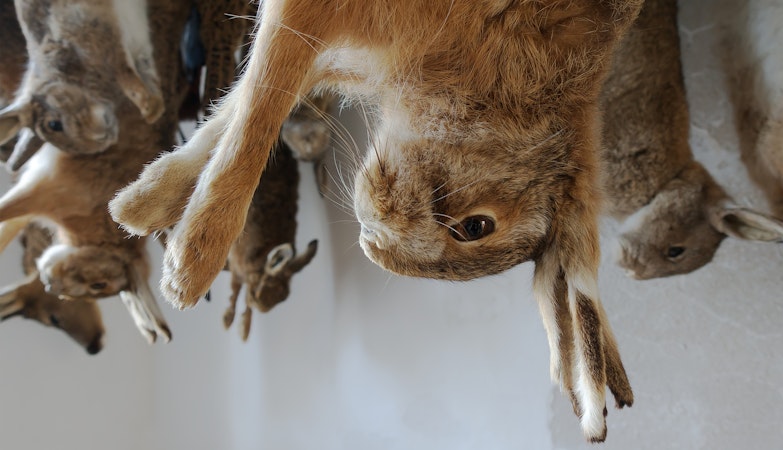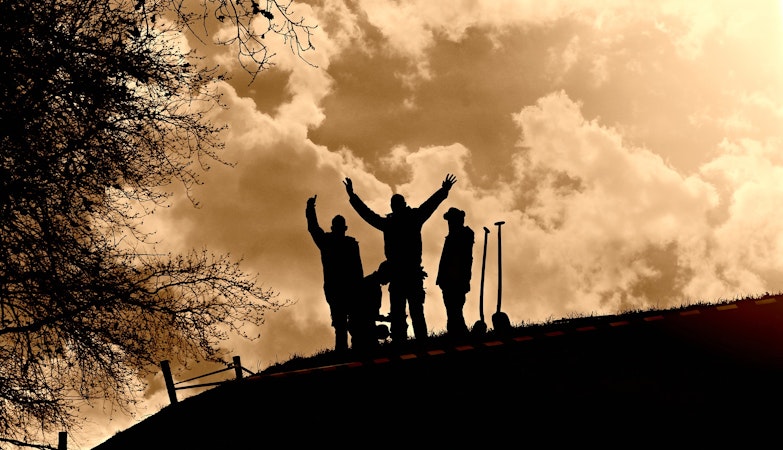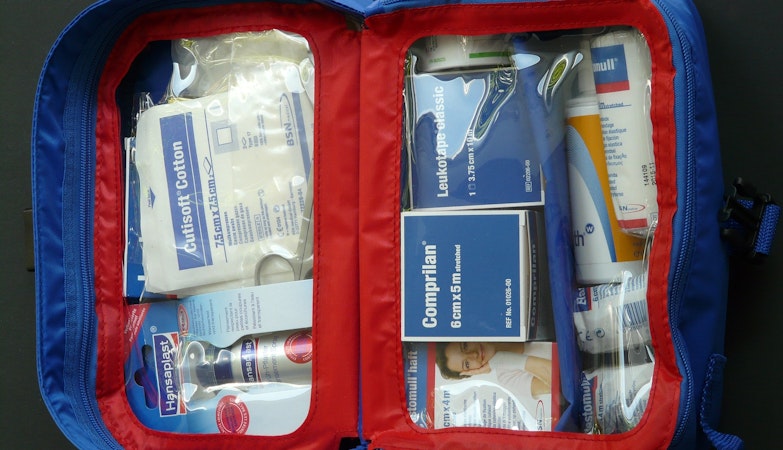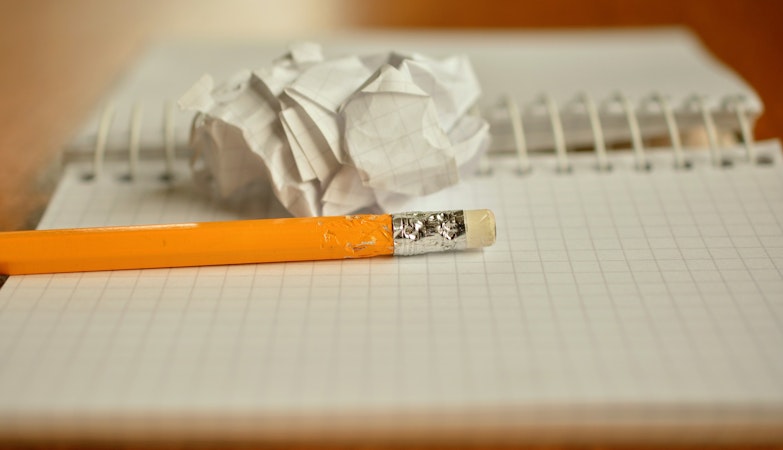The very definition of ‘survival” is someone starting a fire without matches. What survival class goes without a fire starting class? So to suggest that a fire is not always an essential survival need is near heresy. But all the other mammals do survive without the benefit of fire. Even in the arctic many species thrive without knowing how to start a fire. Eskimos have no access to firewood in most places and get by with no fire or with very little heat from oil stoves. The animals and primitive man survives by conserving body heat alone.
I am not suggesting that fire is not important. But I am stating that in many cases its value is only psychological and in some cases it may be more of a liability than an asset to survival. In all cases, shelter, keeping dry and the conservation of body heat should take priority over fire building. Putting aside the psychological benefits * of a campfire, lets look at the physical benefits of a fire under different conditions.
- Warm Dry Nights: On a warm dry night a large fire is just not necessary for survival. A small twig-fire may be needed for cooking, water purification or some smoke to ward off insects. A camp fire will have you breathing smoke, ruin your night vision, attract unwanted attention and could cause forest fire. Insect repellent and a compact stove would be much better. If you must have a fire, make it a small one before dark. A dark camp is practically invisible and generally safer.
- Rainy Weather: It takes skill, time and luck to start a fire in wet weather. Damp fires are hard to keep going and put out little heat. Getting wet and using energy while trying to gather wood and start a fire may not be worth the trouble. Staying dry and finding shelter far outweigh fire making in your survival priorities. A good rain poncho and a mini stove heating up a hot drink will do much better. The exception is if one is already soaked and hypothermia is a danger. In that case a big fire may be a necessity if it can be achieved.
- Cold Windy Weather: In a cold wind, without shelter most of a fires heat blows away and the fuel burns fast. Cold air is drawn into the fire past the people around it, taking away more heat than they get. Snow melts around the fire resulting in damp feet and boots. What heat you do get from a fire under these conditions is from radiation, but you loss more from convection of cold air going into the fire. If you have a good shelter at your back (e.g. lean-to, rocks, etc.) and a reflector on the other side of the fire you can get some benefits. You are better off in a tent and blankets or sleeping bag than in the open around a fire in these conditions.
- Cold Calm Weather: In low winds and low temperatures a campfire has real value. A modest fire can provide heat, cooking, water purification, and snow melting for water. Combined with a shelter and a reflector, it can provide real comfort. We still have the energy and the time spent on building and maintain the fire, but it may be well worth the effort in this case.
Fire often gives the allusion of warmth and safety while actually putting you at risk. Fire is a luxury, not a necessity. You can survive without it. Shelter, clothing, food and energy conservation are more important. People have survived long periods in even arctic conditions by holding up in shelter. Eating hot food and drinks to get heat into the body does more than a fire outside the body. A small stove or twig fire can be used for this. Always carry a wool cap and extra socks. 50% 0f your body heat escapes through the top of your head. The cap will probably do more to keep you warm than a fire. The extra socks can replace wet ones or be used as mittens to protect the hands. Carry a 24’ x 24” sheet of folded HD aluminum foil in all your survival kits. It can be used as a reflector for a small fire or fashioned into a pot to melt snow and heat water to drink.
Always carry three ways to start a fire. I recommend: waterproof matches, a lighter and a magnesium metal-match. When in a survival situation stay dry, get out of the wind, conserve heat and energy and then consider the risks and benefits of building a fire. Stay warm and safe.

